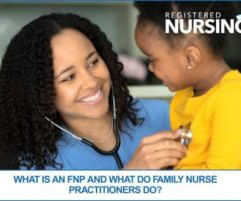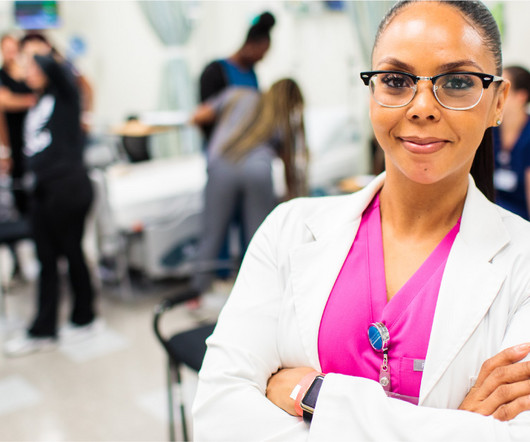The Role of a Nurse Practitioner: What You Need to Know
Every Nurse
APRIL 29, 2023
They are licensed to provide primary and specialty care to patients of all ages, and they work in a variety of healthcare settings, including hospitals, clinics, and private practices. NPs are advanced practice registered nurses who provide primary and specialty healthcare services to patients of all ages.











Let's personalize your content